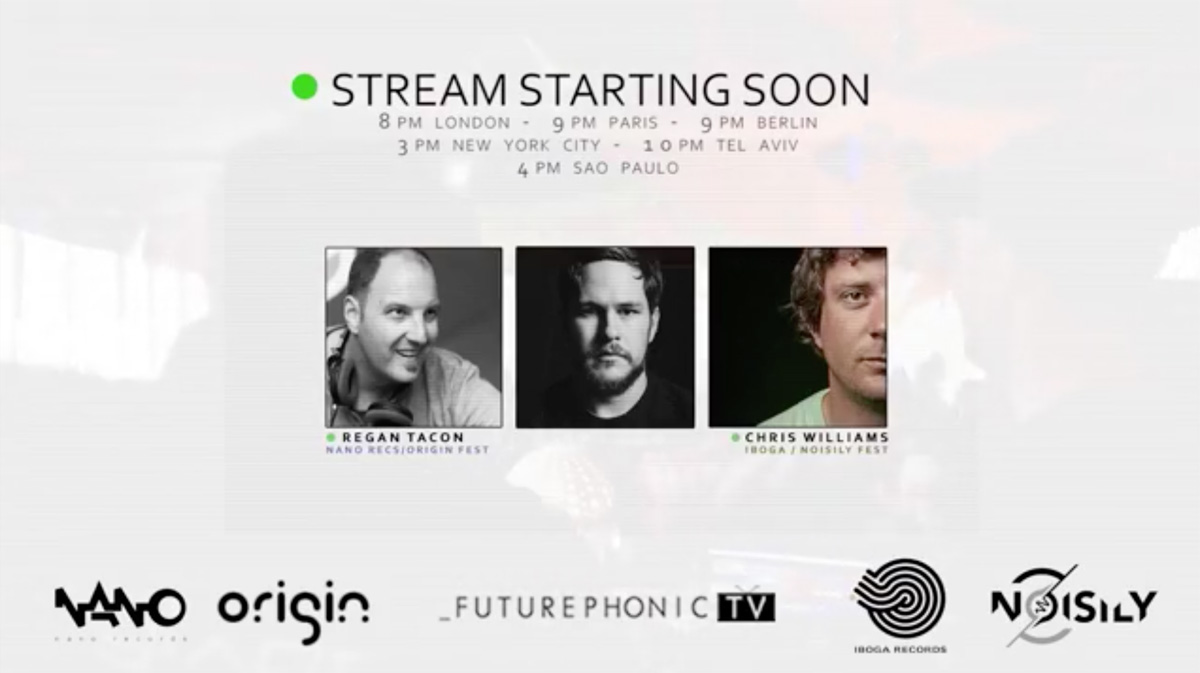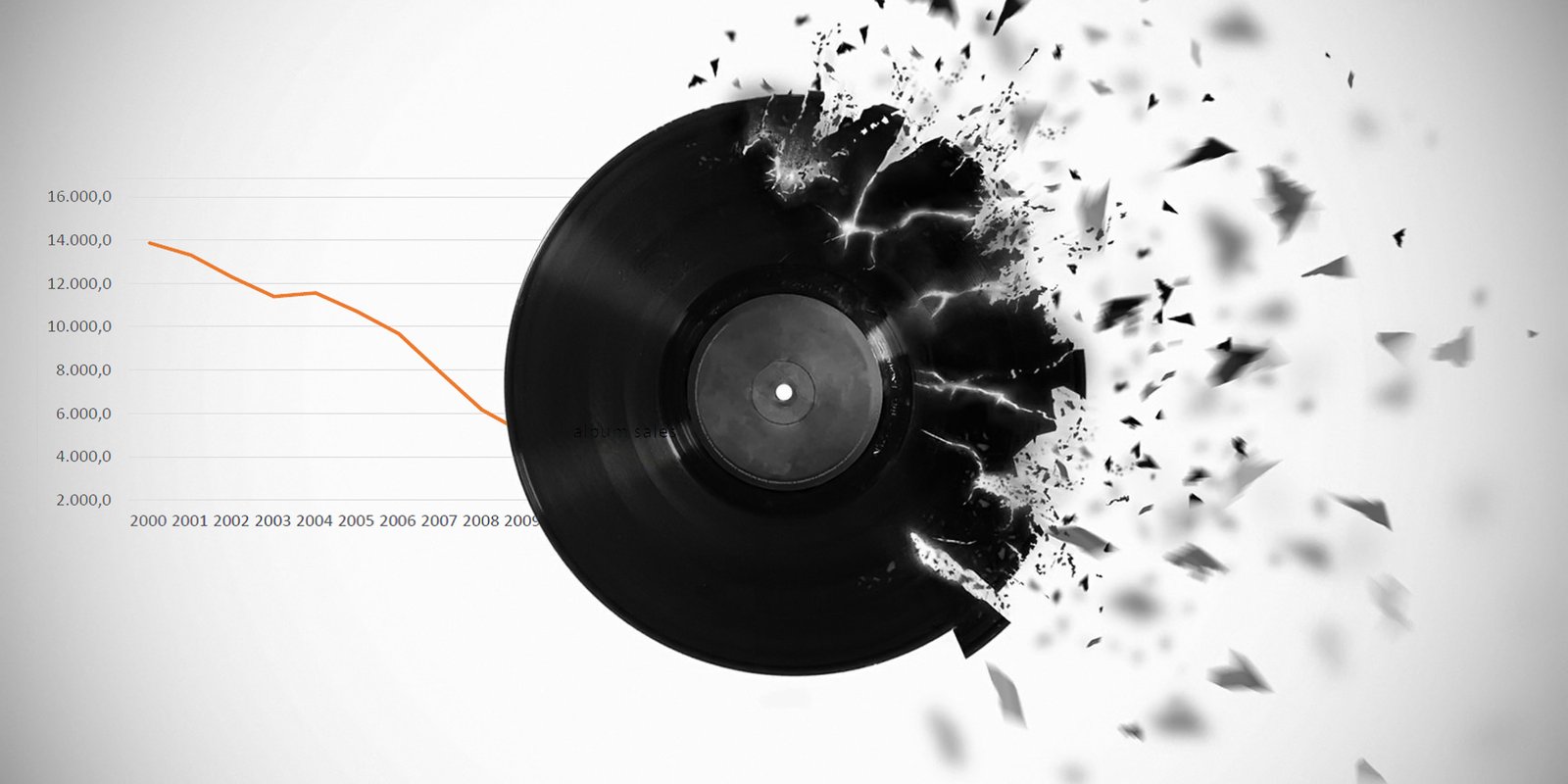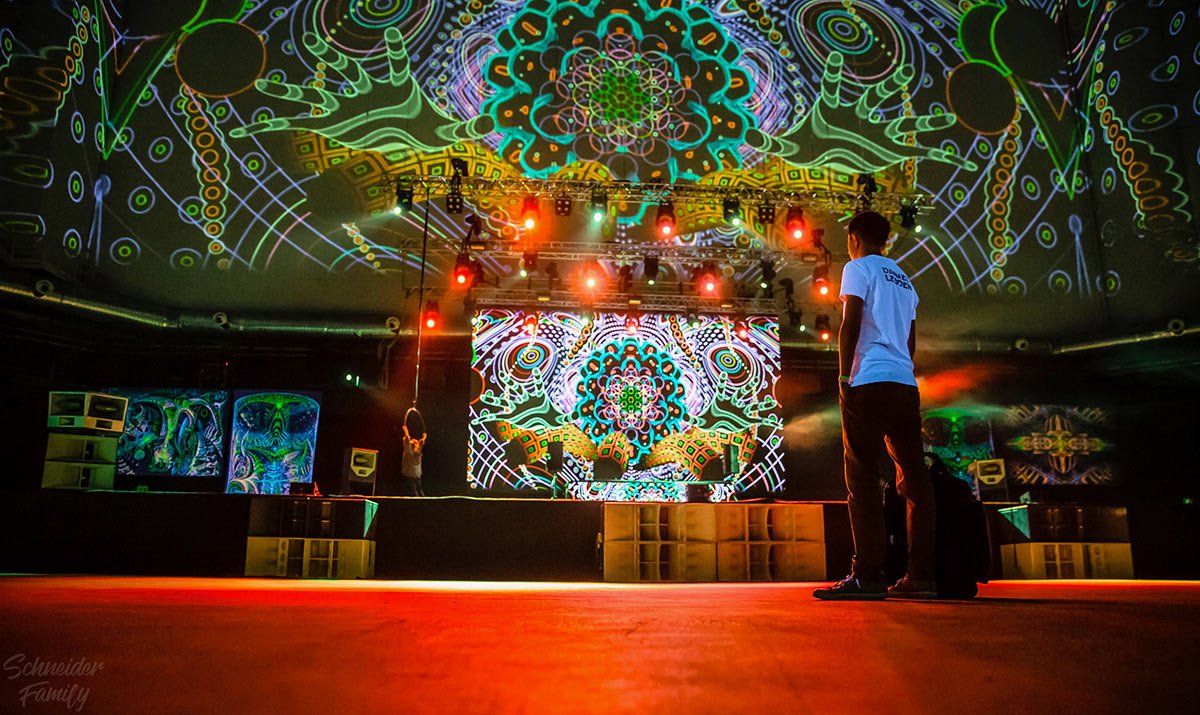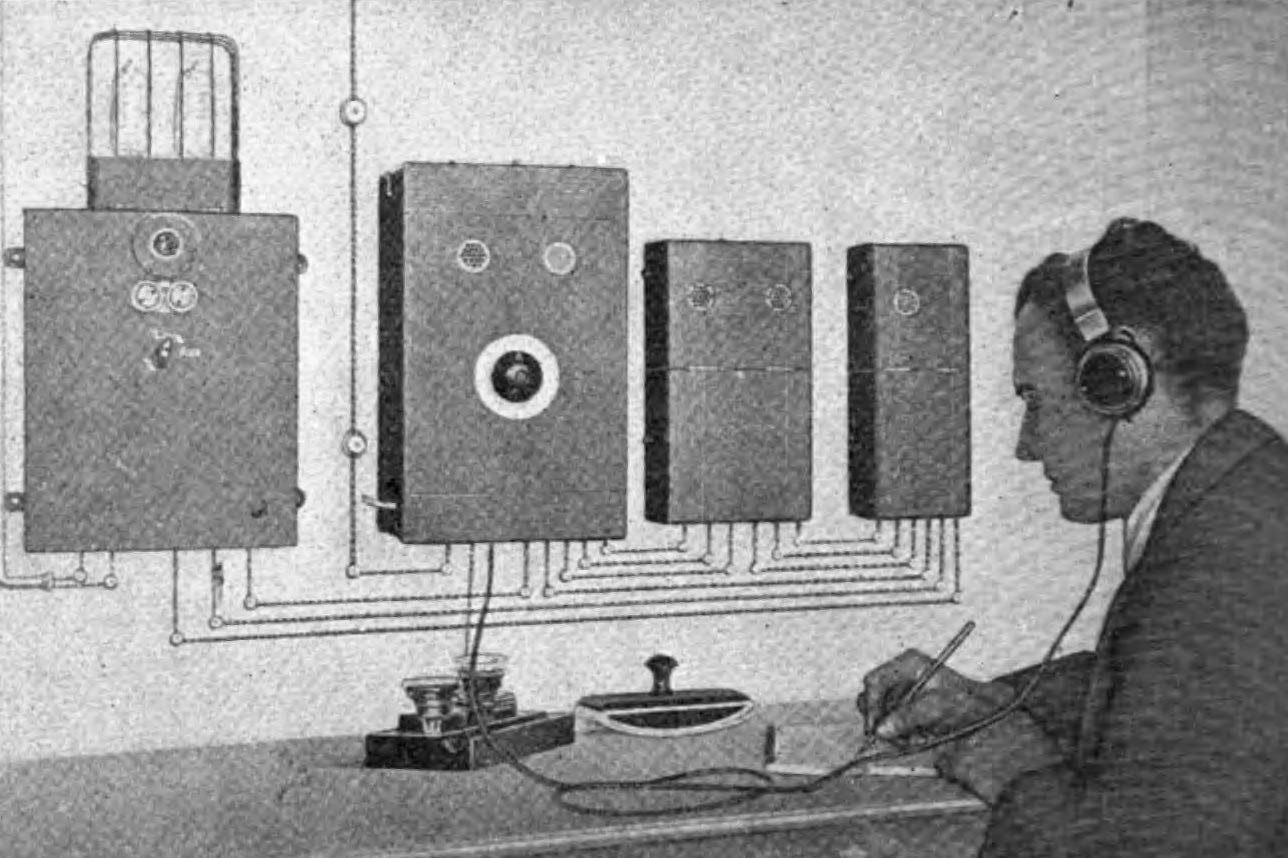Futurephonic live with Chris Williams and Regan Tacon
Video summary and highlights

A few weeks ago, Futurephonic hosted a live Facebook video featuring two awesome guests: Chris Williams (Iboga Records, Noisily Festival) and Regan Tacon (Nano Records, Origin Festival).
That was a very insightful talk on career strategies for emerging artists. You probably know my commitment to education and learning, so I wish more people “behind the scenes” could give a talk like that.
The audio quality of the video wasn’t that great though, sometimes made it really difficult to watch. I’ve decided to write down some key points so I could get back to them at any time, perhaps some of you will find it useful too.
There we go.
On changes in the industry
- The Internet is the biggest game-changer for the music industry, for the better. The distribution is much easier now, you can get music anywhere in a matter of minutes and anyone can access it.
- Psytrance scene has also changed in the last decade, it spread out to more places across the globe. New subgenres come in and out, it’s an ever-changing process. Psytrance is a culture, so it will stay here for quite a while.
- In the pre-Internet days, the music industry was labels-driven, they have control over everything. Despite such limitation, it was a higher threshold for the quality of music that has been released. Social media now liberated records labels ability to put music out, but the question is whether the quality of music across the board has risen? From the artist’s perspective, entrepreneurs and marketers now have amazing platforms to be creative.
- We see now many artists experimenting with marketing, ads, formats of communication. We’re still learning, and there is no right or wrong way. This experimentation itself is what special about this time, it’s a fantastic time to live from the artist’s perspective, basically.
It’s a fantastic time to be an artist now.
On getting music out
- Perfectionists find it really difficult to let it go. They keep polishing and polishing, and sometimes they polish it so much so they polish away the bits of what was good in the first place. Don’t sit on it for too long.
- Finishing tracks is a part of the producer’s talent.
- So many people doing the same thing, so much noise is out there. You have to come up with quality. Quality takes a lot longer, much longer than most people realise.
- Most tracks out there is nowhere good enough quality as it should be. Artists need to be realistic about what they send to labels. Patience comes along the way.
On getting noticed
- Spotify and YouTube channels are new platforms for discovering new artists.
- From the new artist’s perspective who’s trying to get noticed, it’s all about presentation. If you have a Facebook page, make sure you have a high-quality design, branding of your product. Even if you put a Facebook video with your branding behind it, it’s very important that this branding is good—if not better—as the music itself. It’s vital.
- The first impression matters even before anyone heard your music. It was the same even when the demos were on CDs — it’s like receiving a demo with a marker handwriting vs. CD with artwork, well-written letter, logo. Same applies to SoundCloud now.
- Oldschool way of approaching by shaking people hand at the backstage still works the best.
Branding is vital. First Impressions last.
On being signed on a label vs. go independent
- Labels work as a filter, taking care of the releases, artwork, promotion etc, allowing artists to focus more on music.
- Ultimately, all successful artists need support, and labels are a massive help in that.
On albums and singles
- Releasing singles is a great things—it gives a stable flow of music from artists to fans, no need to wait a year or two.
- Each single is typically supposed to be a yet another dancefloor-killer which creates a lack of experiments, the cool B-sides. Back in the days, sometimes those B-sides become hits.
- Albums give more freedom on that matter, you can have dancefloor-killers whilst also including a couple of out-of-the-box tracks.
- Albums certainly add some extra weights, an extra level of value for the artists who are capable of creating those albums.
On commitment
- Artists need to be committed to working hard. I don’t think people realise how hard some of those artists work. The guys who work the hardest are the one who gets the gigs, gets the money etc. because they push it all the time.
- It’s a lifestyle, you have to be ready for this. And music is just one part of it, with social media it’s 50–50 these days.
I don’t think people realise how hard it is.
On festivals bookings
- There are always some acts promoters keep in mind for the next-year festival lineup.
- Once headliners are booked, promoters go over recommendations first and only then to submissions. Don’t send a festival submission in three days prior to the festival, it’s won’t work that way.
- There are definitely some promoters who check and evaluate how many “likes” an artist has in order to make a booking decision.
On marketing
- If you want to pay to promote your page, do it the right way using legit Facebook mechanisms, not via external “likes’ farms.
- Always keep in mind country demographics when starting an ad campaign. For example, for sales-driven campaign always include countries like USA, Australia, Japan, Germany, Sweden, Denmark. However, for a streaming campaign, it’s worth also including Brazil, Mexico, and other countries that don’t usually purchase music, but stream a lot.
- Men typically buy more than women, so don’t split demographic targeting 50–50, push it more towards men.
- Upload Facebook videos.
We spend a fortune on Facebook marketing, to be honest.
On streaming and sales
- Streaming isn’t bringing any money, let’s be real about it. It’s interaction with people, this is how people connect with the music.
- Anyone who really buying music is DJs. You not gonna get money selling music as a Psytrance artist, although it’s true for other genres as well. There is just not enough people buying music across the world.
- Beatport gives 60–70% of sales, another major amount is iTunes, and all the rest stores altogether are basically nothing. That’s how it is.
- Linkfire.com is a good way of putting all the streaming and stores links at once and then get statistics of clicks.
On investment
- A well-thought advertisement campaign could be a solid investment, eventually giving more gigs in return.
- Rather than relying on a photographer that can or cannot shoot while you are playing, you can hire one to be sure you’ll get high-quality photos.
- Some artists spend their entire fee hiring photo- and video artists to make a proper aftervideo from the event. Do it at least once in six months.
Invest in your branding.




